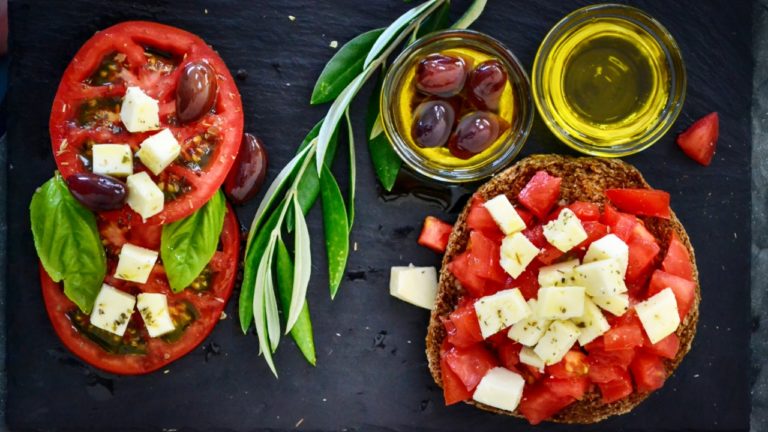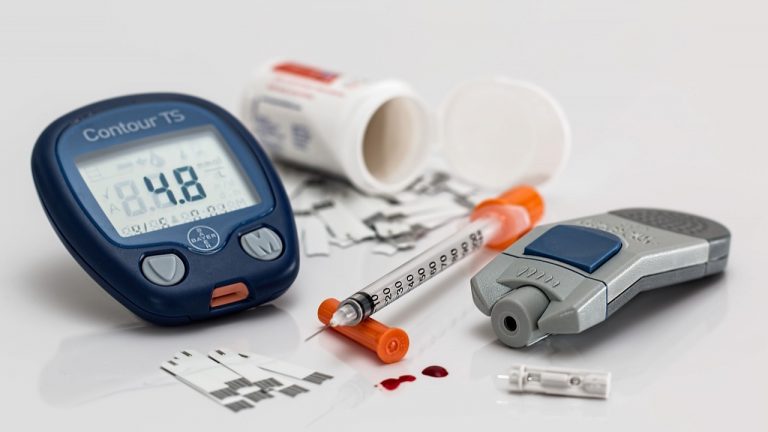What is the Role of Diet in Managing CKD and What Foods Should be Avoided?

Chronic Kidney Disease (CKD) is a condition that requires careful management of diet to prevent further damage to the kidneys. A healthy diet for CKD typically involves reducing the intake of certain foods and increasing the consumption of others. Here are some guidelines for managing CKD through diet:
Limit protein: Eating too much protein can put extra strain on the kidneys. People with CKD should limit their protein intake, especially animal protein, and focus on getting protein from plant sources like beans, lentils, and nuts.
Reduce sodium: A high sodium intake can lead to high blood pressure, which can damage the kidneys. People with CKD should reduce their sodium intake by avoiding processed foods, adding less salt to meals, and avoiding high-sodium condiments.
Control potassium and phosphorus: People with CKD often have trouble regulating potassium and phosphorus levels in their blood. Foods high in these minerals, such as bananas, potatoes, and dairy products, should be limited or avoided.
Monitor fluid intake: People with CKD may need to restrict their fluid intake if their kidneys are not functioning properly. This includes limiting beverages like coffee, tea, and soda, as well as soups and other foods with high water content.
Increase intake of fruits and vegetables: Fruits and vegetables are an important source of vitamins, minerals, and fiber. People with CKD should aim to include a variety of fruits and vegetables in their diet.
Limit high-sugar foods: High-sugar foods and beverages like candy, soda, and desserts should be limited or avoided to help manage blood sugar levels.
It’s important for people with CKD to work with a registered dietitian to develop a personalized nutrition plan. This can help ensure that they are getting the right balance of nutrients and avoiding foods that could worsen their condition.



